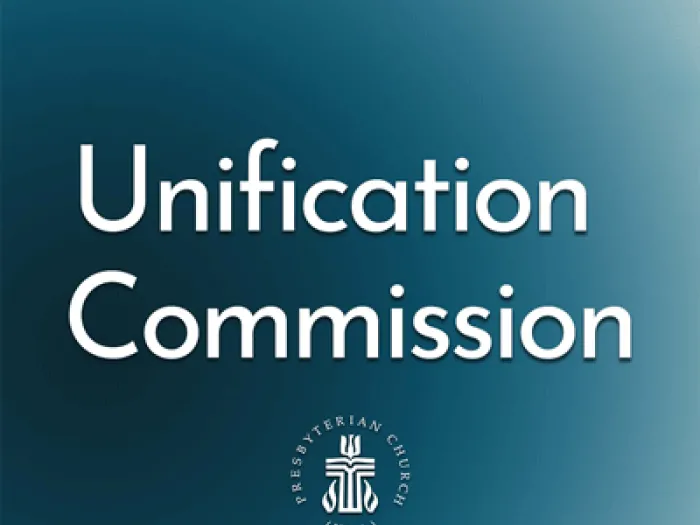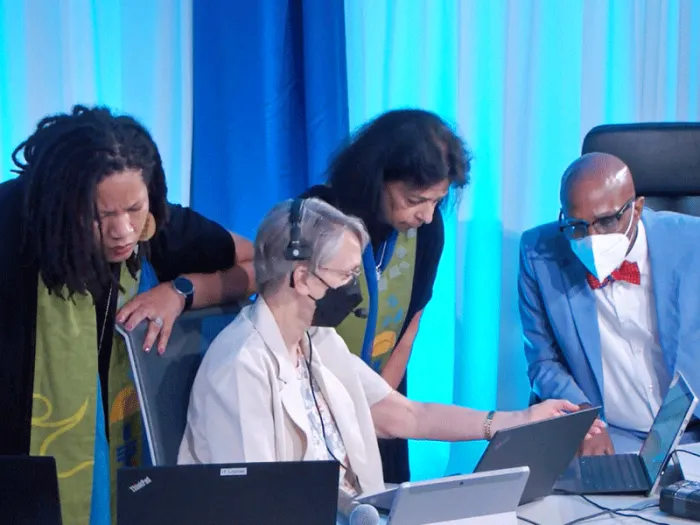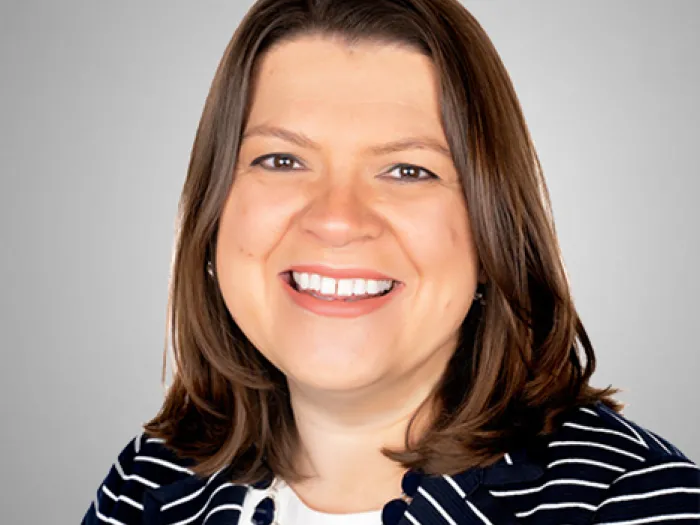Three innovative PC(USA) leaders share some of the leadership traits they’ve learned
Mid council and national staff come together during a webinar to discuss how leaders are formed, arranged and strengthened


LOUISVILLE — The most recent installment of the Office of the General Assembly’s Leader Formation webinars featured three guests speaking with host Martha Miller on the topic “Discovering Leadership: Called to Serve.” The series is designed to help ruling elders and deacons to grow in the important ministries they contribute locally, regionally and nationally.
Miller, a ruling elder and certified Christian educator whose OGA work focuses on leader formation and leadership certification, relied on three guests during Thursday’s webinar for their insights:
- The Rev. Dr. Daris Bultena, the Presbytery of Tropical Florida’s General Presbyter and Stated Clerk. The former moderator of the General Assembly Nominating Committee, Bultena has helped the presbytery to identify the meaning of being “Vibrant Together,” which commits congregations and leaders to building relationships, seeking out spiritual depth, and being missional.
- The Rev. Anna Kendig Flores is the Antiracism Institutional Assessment Coordinator for the Presbytery of the Twin Cities Area and co-moderator of the General Assembly Committee on Representation. From youth ministry to worship planning to social justice, she has led collaboratively in congregational and national church life as both a ruling elder and a teaching elder.
- Ruling Elder valerie izumi serves the PC(USA) as an assistant stated clerk in the Office of the General Assembly, coordinating the General Assembly nominations process. izumi contributes to the monthly Regarding Ruling Elders series and co-hosts the “Along the Road: Encounter” podcast. Her longtime commitment to racial and gender justice and to the promotion of racial equity is widely recognized.
Watch the webinar here.
Miller opened off by asking the three leaders for a definition of leadership.

Bultena said what it’s not: “It’s not a set of skills and it’s not having all the answers,” he said. “I think of leadership more as being willing to ask questions. The leader is the person not afraid to ask the next question, knowing that will lead to another question.”
“In the secular world, they’re people in charge of something. In the church, it’s not about being in charge,” izumi said. “The congregation recognizes your gifts to serve as a deacon or ruling elder. Leadership is about dispersing power. We are in community, and we have different roles to play.”
“To be a leader is to be a person who wants to bring other voices in,” Kendig Flores said. “Leaders are people who feel joy when doing visioning work together.”
“One thing I am constantly amazed at is the amount of talent in the room, even when I’m coordinating things,” Bultena said. “Sometimes people don’t realize how gifted they are. It’s a privilege to try and draw that out of people.”
Leaders “surround themselves with people who will tell them the truth,” izumi said.

“The gifts you have are the gifts that are needed,” Kendig Flores said. When working to select members of national boards and committees, “We say we would like people to know about power and privilege, diversity and how systems work. But we also would love you to see yourself as being on a journey of learning,” she said. “For those who don’t see themselves growing, it becomes a competition.”
The GA Nominating Committee used a tool to pair people from diverse groups, “changing the process so members of the Nominating Committee could discern in a collaborative way in groups,” izumi said. “It was a beautiful thing to watch. You could see the leadership skills of each member of the committee.”
According to Miller, OGA staff are developing a resource “we hope will help congregational nominating committees. We hope some of the learnings for the [General Assembly Nominating Committee] will work their way into that.”
“We know filling positions we are required to have can be challenging with how busy everyone is and how stretched thin we all are,” Kendig Flores said. One important consideration is to match “the passion the person has with the role you’re putting them in.” At many congregational and mid council levels, people can nominate themselves, “where they can develop new gifts,” Kendig Flores said.
“I love the theology of our church,” Bultena said. “Our understanding is we don’t lead alone. We lead in community. When folks come together in a session or a presbytery, God reveals God’s self in a way that God doesn’t reveal to the individual. Community is the centerpiece of who we are.”

According to izumi, “We’re also called … to help the covenant community of faith thrive … When you work in a group, you have to be willing to be convinced, or to hear from the other side. A faithful leader will help that happen by being an example of that. If you are living out an example of wanting to listen, you will come to realize you can tell that person the truth in love.”
Because leadership works within covenant relationships, “We ask leaders to do certain types of work, and we’re not going to get in there and redo their work for them,” Kendig Flores said. “That doesn’t mean we can’t hold people accountable. The leader is in covenant to create an environment where that feedback can happen.”
Committees learn to ask, “Who is here, and who is not here?” Kendig Flores noted, as well as, “what might be the impact of this decision on the people who can’t be there?”
For Bultena, curiosity and leadership capacity “run in the same stream. Also — and it’s hard for Presbyterians — you’ve got to love change with some boldness. Put yourself in places where you haven’t been before. Keep being comfortable with saying, ‘I don’t know. I’m going to show up, but I don’t know.”
“Put yourself in the diversity of your community,” Kendig Flores suggested. “What helps us discern is scripture. Is this good fruit, or domination culture masquerading as leadership?”
“Sometimes we are wrong, and sometimes we are the prophet,” Kendig Flores said. “Sometimes we have gifts the church doesn’t know how to use — yet.”
Miller thanked the three “for all you’ve provided here. It’s been a great treat to listen in and grow in our own formation based on what you’ve been sharing.”
“We pray for your continued formation as you serve the church,” Miller told those viewing the webinar live and those who will watch the recording when it’s available. “We are better because of your presence.”
You may freely reuse and distribute this article in its entirety for non-commercial purposes in any medium. Please include author attribution, photography credits, and a link to the original article. This work is licensed under a Creative Commons Attribution-NonCommercial-NoDeratives 4.0 International License.




